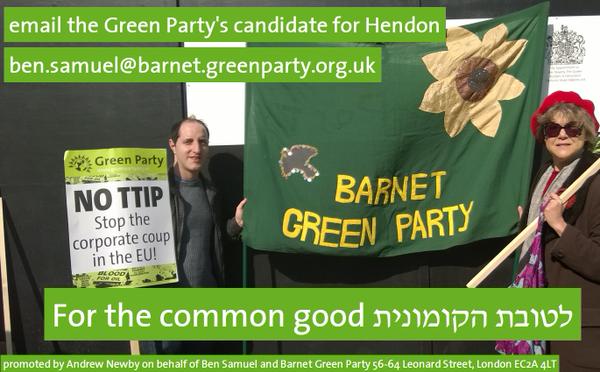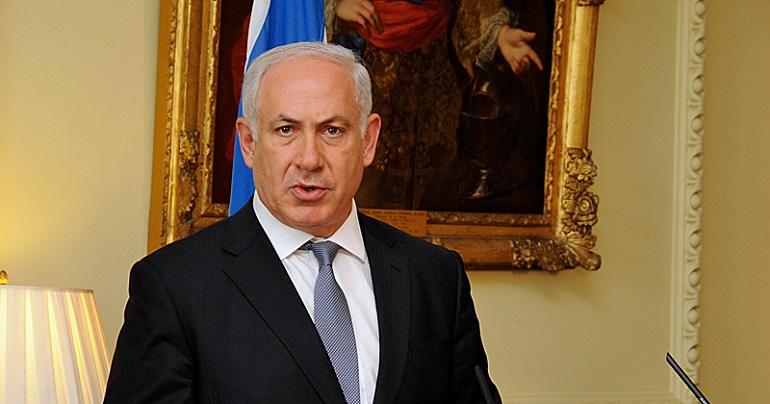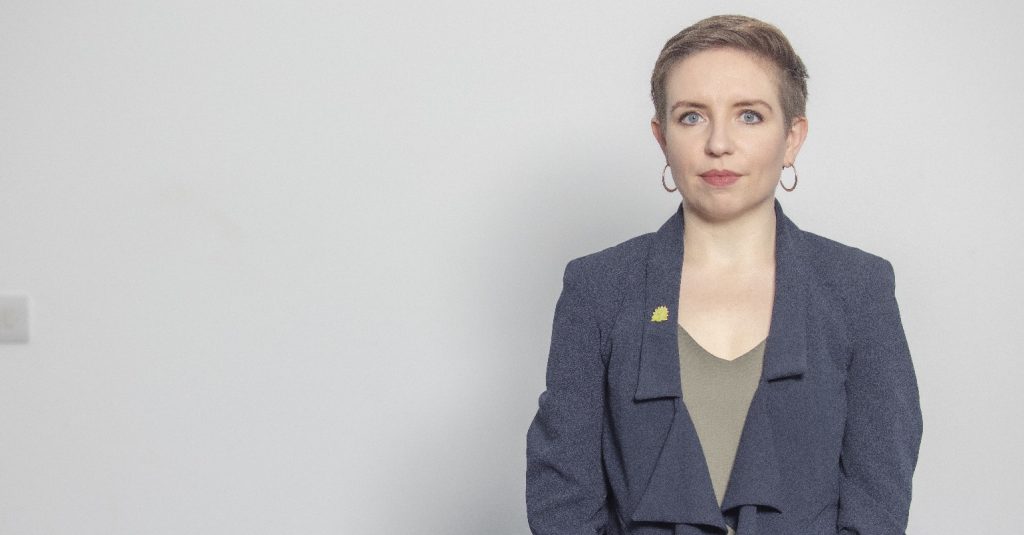Radical roots: liberation theology

Jewish Passover and Christian (Catholic and Protestant) Easter are celebrated today, whilst Christian Orthodox Easter occurs next weekend, and on 8 April (Wednesday) is International Roma Day.
All these festivals in their different ways are holidays of liberation – with promise of good times to come through hard work, whether it’s crossing the desert with Moses; or living an independent life where Jesus watches over us from heaven rather than on earth; or working on a Roma liberation movement that is growing in strength every year.
My background is ideal for beating anti-semitism because when people meet me they know I am Jewish, but I do not fit into any of the anti-semitic stereotypes: for instance that we are all loaded and work in financial services, that we all wear black suits, black hats, and beards (some secular Israelis call this type of Jew “black”). One ultra-orthodox child was confused meeting a friend of mine who did not have a beard, assuming that he was a woman. I admit my first car was a Volvo but we quickly traded it for a more economical family car. If people ask what kind of Jew am I, what kind of Kosher I keep, which youth movement I was a member of, they are often seeking to categorise and stereotype. Attending Limmud conference, and then being part of the cross-communal J-Soc, really broadened my Jewish horizons. I don’t think the genre of Judaism I identify with has been invented yet. I did not attend a conventional synagogue as a child, rather, a place of learning philosophy, cultural Judaism, faith, with some worship provided every weekend as an extra. An ancient Jewish principle is “not to use the Torah as a spade” in other words, free education. In school one of the books they read us was about a Jewish character in the middle-ages who was very well-educated. I recently read a book by Friere which is available online, called pedagogy of the oppressed, which explains the sort of wider education that teaches critical thinking. It also fits in very well with liberation theology.
Liberation is the optimistic theme of the Jewish festival of Passover. Once upon a time, we are taught, our people worshipped idols. Then they crossed the river Jordan to the promised land and became monotheistic – that is, believing in one God. That is where the idea of iconoclasm comes from. My mother, quite a radical, told us the other night as we studied the story of Passover, “Why is it that every generation there is anti-semitism? The real reason is because we refuse to bow down to the head of state, because for us only God is sovereign.” Our undying faith in a higher being is a threat to the establishment. Liberation theology has risen to the fore recently because the new Pope has Jesuit roots from South America. I believe that monotheism is the gift and the light that Abraham and the Jews brought to the world.
Jewish culture and Israel are often said to be separate from the religion but one of the things I am privileged with is to enjoy both British culture (which is often not so great) and Jewish culture (which I feel has never been stronger). It is a wonderful thing that British culture (especially here in London) accepts complex identities like this. Israeli culture borrows from all round the world and most of all it expropriates the Palestinian cultural identity: if you want to see an example there is a slightly racist channel on YouTube singing about tabouleh and humus in an Arabic style. Yet if I look for my own culture the source is Jerusalem and Israel; I have absolutely no doubt about it. Whilst there are good boycotts, I could not support a cultural or academic boycott because to do so would be to deny my own culture.
I am standing for Hendon in the general election and have a fair number of Jewish supporters. Many residents have asked for religious freedom and a strong stance on anti-semitism. I think the most obvious oppression faced by the Jewish nation in recent history is the Holocaust. It is not something my family has historically made a big deal of, but with these things it takes generations to uncover the history. Often in Hendon, Holocaust Memorials (such as “Yom Hashoah” on 19 April 2015) is dominated the Jewish survivors because we are quite numerous and organised. My family history is that one of my Jewish grandmothers was actually saved from Austria, hidden her Jewish identity, and raised by Catholics. It is those stories of gentiles who did not stand by the genocide, and did the right thing, which are important to tell. In joining the Green Party I studied climate change and environmental science and resolved not to stand by whilst politicians put our climate, and our existence, under threat.
In Israel, I encountered negativity and trauma of war, of course, but I want to describe my visit to Sderot and a nearby ecovillage in a positive light. The people I hung out with for the bulk of my stay were, to put it simply, hippies. A lot of Israelis get a basic education, serve in the Army, and then travel the world. Those that come back from India learn a lot of values of Eastern philosophy, if you want to call it that. Basically hippies. I’ve always been fascinated by this alternative lifestyle, but the weird thing in Israel was spending Shabbat and Jewish New Year for Trees with this community. They describe themselves as secular but much like the new age movement in London I see a lot of religion in what they have build so lovingly. Jews have prayed for centuries that the holy city be re-built, and just an hour away (by car or rail) you have people taking advantage of cheap land in the South. In Israel if you work hard you can re-connect with the land after hundreds of years of being landless. I discovered the radical anti-capitalist nature of Shabbat. Yet I always joke that with its North-West London eruv, with its rich and diverse community, and with its outsider Jewish MP candidates, Hendon is the true Zion.



Leave a Reply